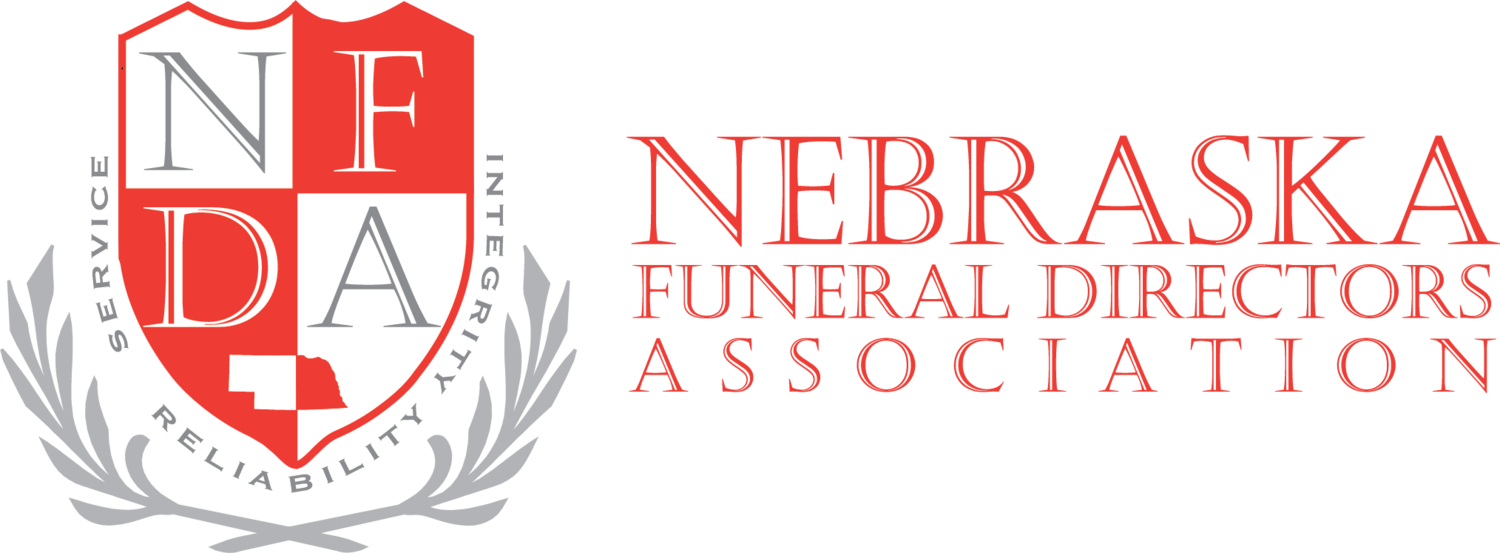LINCOLN, NE (February 27, 2018) – Fever. Chills. Cough. Aches. It’s flu season, and one of the worst in recent history.
If you or someone in your family has suffered through the flu, you likely relied on over-the-counter (OTC) medications to help ease flu symptoms. Products like cough medicine, pain relievers, and decongestants may be available without a prescription, but should still be disposed of properly to protect human health and the environment.
Unused or expired medications can be taken back to one of 320 pharmacies participating in the Nebraska MEDS Initiative for proper disposal. These pharmacies across Nebraska will take back your medications free of charge, no questions asked. Find a participating pharmacy at www.leftovermeds.com.
According to Marcia Mueting, PharmD, “People may not know that the pharmacies participating in the Nebraska MEDS Drug Disposal Initiative can help consumers get rid of unwanted over-the-counter (OTC) medications. Even though these medications are available without a prescription, they still contain potent drugs which can cause poisonings in children or pets, if they are available.”
According to the National Institute on Drug Abuse, OTC medications have the potential to be misused, which can lead to addiction and overdose. To keep these and all medications from falling into the wrong hands, ensure they are safely and securely stored in your home and periodically check your medicine cabinet for expired prescription and OTC medications.
“Many non-prescription drugs used to treat the flu contain the cough suppressant dextromethorphan. Dextromethorphan is commonly misused or abused by taking large doses in combination with alcohol or marijuana to get high,” says Mueting. “As soon as someone decides that they no longer need an OTC medication, they can safely dispose of it by taking it to one of the participating pharmacies for disposal.”
OTC and prescription medications can contaminate waterways – rivers, lakes, and groundwater – when flushed, put down the drain, or thrown in the trash. Most water treatment facilities do not have the capacity to remove these compounds. Instead of flushing or trashing those old medications, take them to a Nebraska MEDS Initiative pharmacy. Find a participating pharmacy near you at www.leftovermeds.com or call the Nebraska Regional Poison Center at 1-800-222-1222. These pharmacies accept medications for proper disposal, giving consumers an easy and safe method of keeping medications out of the environment and from falling into the wrong hands.
“Since the MEDS initiative went statewide in 2016, over 50,000 pounds of medications have been returned to pharmacies across the state,” said Hallie Schimenti, MEDS Project Coordinator. “Every day is take-back day in Nebraska.”
The Nebraska Medication Education on Disposal Strategies (MEDS) Coalition educates Nebraskans about drug disposal and provide safe ways to dispose of them to better safeguard the environment and protect public health. The Coalition includes the Nebraska Pharmacists Association, The Groundwater Foundation, Lincoln/Lancaster County Health Department, Lincoln Police Department, Coalition Rx, Lincoln Public School Nurses, LiveWise Coalition, Nebraska Department of Environmental Quality, Nebraska Department of Health and Human Services, Nebraska Hospital Association, Nebraska Medical Association, Nebraska Recycling Council, Nebraska Regional Poison Center, Safe Kids Lincoln-Lancaster County, KETV, Nebraska Attorney General’s Office, and Nebraska State Patrol. The Nebraska MEDS initiative is funded by the Nebraska Environmental Trust and the Nebraska Legislature.
